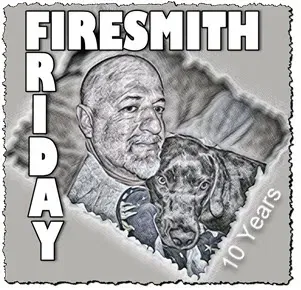Christmas as a kid in the 60s and 70s could be life altering. A new bike was like being able to show off a winning lottery ticket. A cool toy, like a cowboy hat or a pair of cowboy boots meant you were a cowboy. A BB gun was the end all be all for a kid back then. But everything any of us got, if we got anything at all, was designed to survive us, and it was designed to be used outside.
The exception was books, and I would have rather had a book than a bike with a BB gun mount. Books were eternal. You never outgrew a book. You never allowed one to fall into disrepair or be abused. Books were holy items, at least to me, and it was easy to talk adults into buying books.
Usually, we were out of school from Thanksgiving to Christmas, and going back to school on a cold January day seemed like a prison sentence. Teachers knew we would be jacked up and talkative for a few days, so they would have to paddle the most difficult kids to extort good behavior from the rest.
I would love to know what they were thinking with their boards and derision, and their contempt for anything other than obedient reciters of rote memorization.
A couple of weeks after Christmas the new would begin to wear off, the batteries would die in new toys, and batteries were expensive back then. By the time February arrived, Christmas was fading fast, the cold was keeping us inside, at least while the parents were watching, and we missed the anticipation more than the actual event.
The middle American Christmas was a clean looking, cheerful time, full of shiny lights and smiling adults, along with their kids in matching pajamas and a sea of beautifully wrapped presents. This taught all of us that Christmas was a Holy Event, where the good were rewarded and the poor were not. Ergo, being poor was a sin.
The kids who never had new clothes, or worse, hand me downs from their siblings, and did not come to school with Christmas toy stories, were being supernaturally punished, and we subconsciously knew it. Cliques formed around those with more and none formed around those with less.
Christmas trained us to be wary of those with little or nothing, and it trained us to accept the goodness of those who had more. After all, Christmas was all about religion, and quickly, money and toys were deeply embedded into that religion.
As the years passed, toys were bigger, more expensive, and it was no longer your parents who bought them, and one day we woke up as the buyers of presents, and our ability to buy was either something we were happy about or something we felt a deep sense of wrong if it wasn’t enough.
The star on the top of the tree had been passed to us now, and we had been trained to think of good and evil as a matter of which you could afford.
Merry Christmas,
Mike




